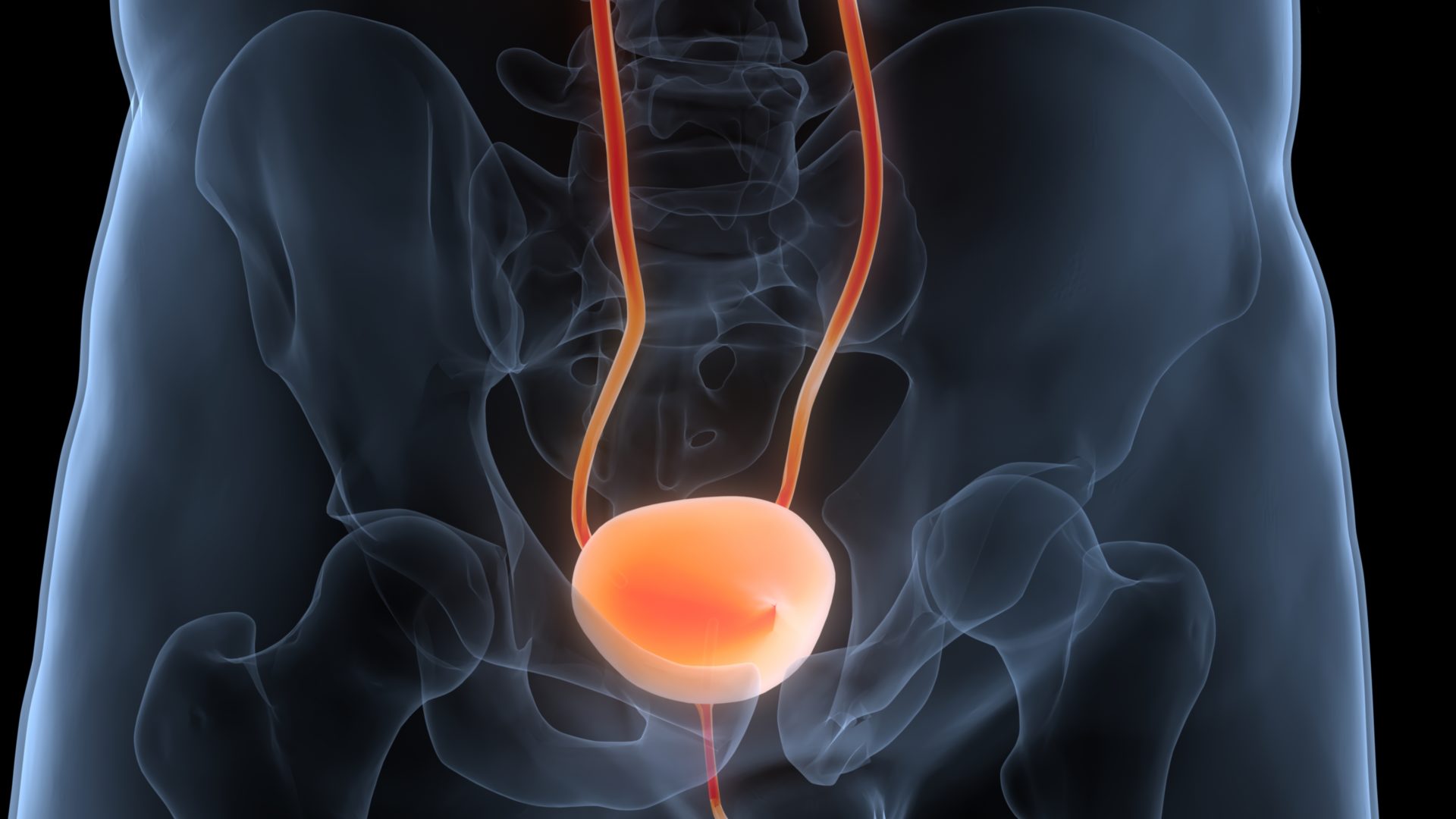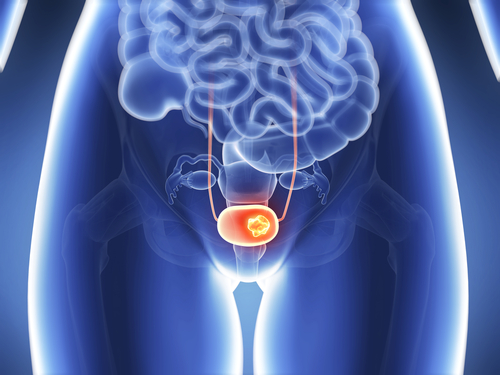Patients with high-grade non-muscle-invasive bladder cancer (HG NMIBC) are at high risk (HR) of progression to muscle-invasion. The investigators explained that, in this patient population, bladder-preserving treatments are limited, and additional treatments are needed. Investigators analyzed data on the expression of NECTIN4 in HR NMIBC, and the results were published in Virchows Archiv: An International Journal of Pathology.
In this study, NECTIN4 was immunohistochemically analyzed in urothelial HG NMIBC among cohorts of 182 carcinoma in situ (CIS)/T1HG samples, 87 HG papillary tumors from mixed-grade lesions (mixed TaHG), and 98 papillary HG tumors without a history of low-grade disease (pure TaHG/T1HG) from a total of 225 patients.
A high prevalence of NECTIN4 positivity was found across the HG NMIBC subgroups (91%, n = 367 samples), with 77% of samples showing moderate or strong expression. The researchers observed heterogeneity with respect to NECTIN4 levels between HG NMIBC subgroups. It was found that non-invasive areas of CIS/T1HG and pure TaHG/T1HG samples had NECTIN4 positivity in 96% and 99%, with 88% and 83% moderate/strong expressing specimens, respectively, whereas considerably lower NECTIN4 levels were detected in mixed TaHG lesions (72% positivity, 48% of samples with moderate/strong NECTIN4 expression).
The researchers concluded that, “taken together, NECTIN4-directed antibody-drug conjugates might be promising for the treatment of HR NMIBC patients, especially for those exhibiting CIS/T1HG and pure TaHG/T1HG tumors without a history of low-grade disease.”
Keywords: Bladder cancer, Muscle-invasion, NECTIN4
Link: https://link.springer.com/article/10.1007/s00428-022-03328-1









